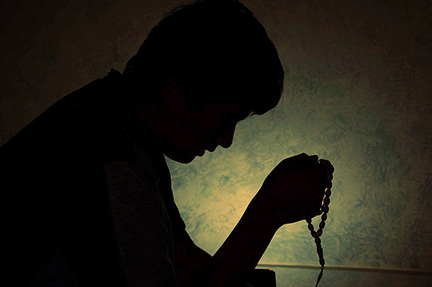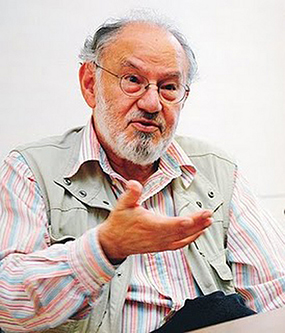
by Hind Aleryani, Your Middle East, April 29, 2013
We used to play at my aunt’s garden when we were younger…girls and boys, there was no difference… we grew up together… we used to race, play, laugh… sometimes we would fight playfully… we used to watch TV together… cry at the end of sad cartoons together… we grew a bit older… we began to study for our classes together… whenever we’d fight we used to threaten the other that we’d tell on them to the teacher… we used to play practical jokes on one another… we’d laugh with all our hearts…
And so the days went by…
My cousin and I are staring outside the window… we are looking at the garden where my male cousin and his friends are playing… this is the garden where we used to play together… they used to be our friends once upon a time… these are the boys we used to play with… what happened? Why are we prisoners at home, while they play ball outside with all freedom… what did we do? Did we grow older? Did our bodies change? Did we become an object of temptation that needs to be covered from people’s eyes? Aren’t those the boys we knew since we were children? What changed? Why are we strangers? Why do I run and hide whenever I hear one of their voices? Is it just because the pitch of his voice changed? Is that why we aren’t friends anymore? Are we supposed to act differently towards one another? Different to how we acted just yesterday? We started to act shy and anxious whenever we’d speak… we stopped playing with one another… My cousin and I began spending our spare time watching Mexican soap operas, as if we were in our 50s…
And so the days went by… Continue reading Why Don’t Men Cover their Faces?

